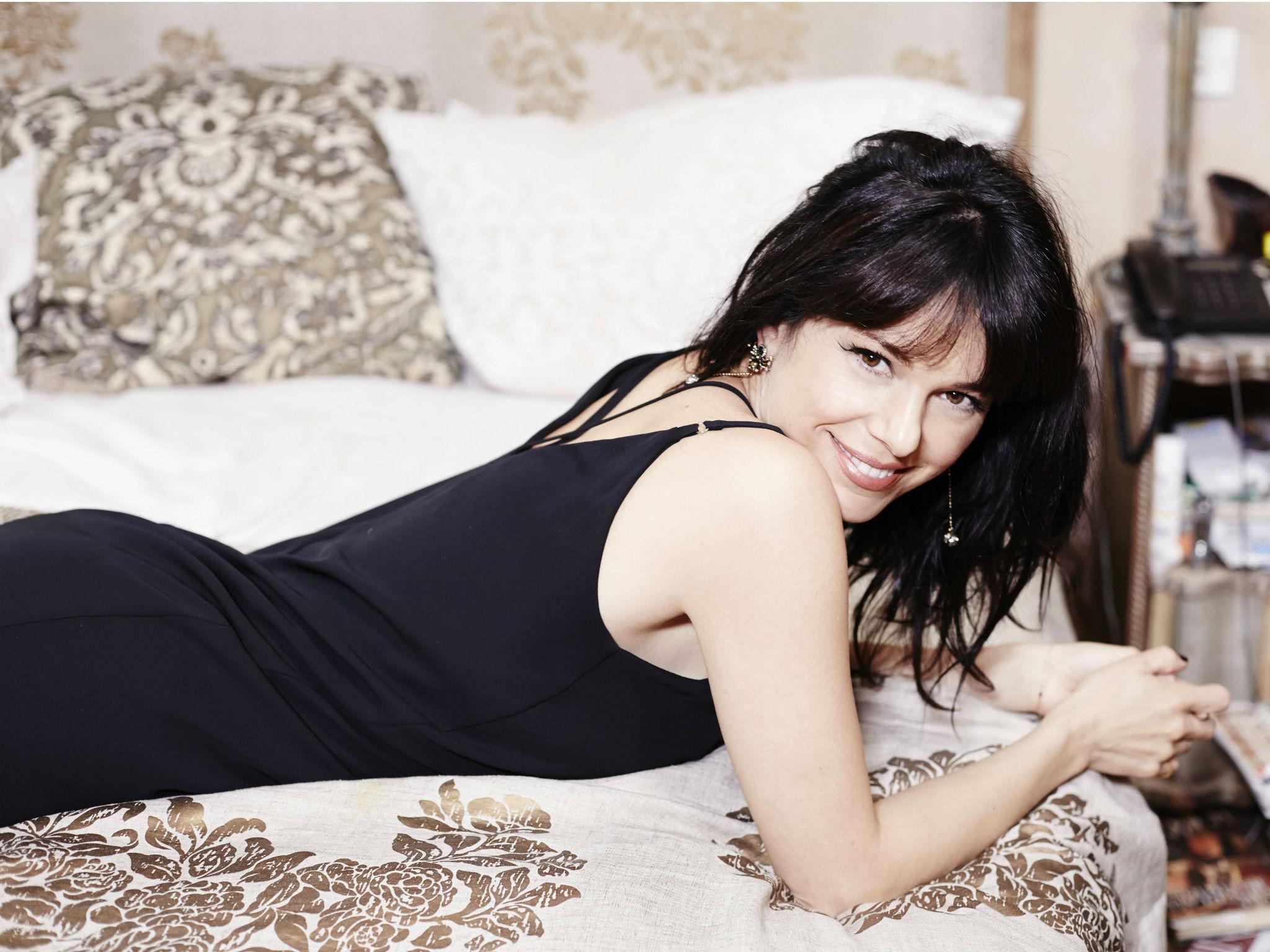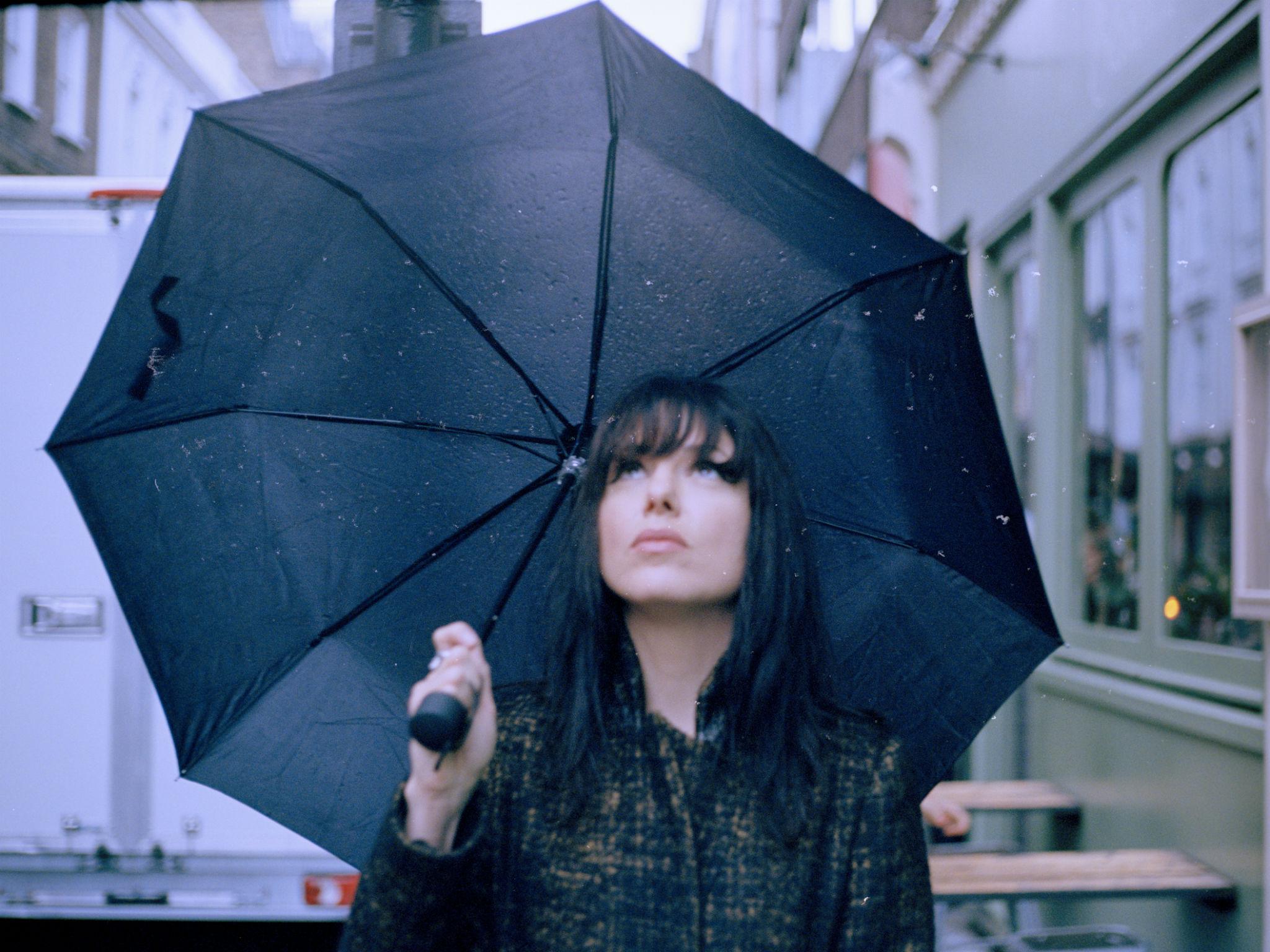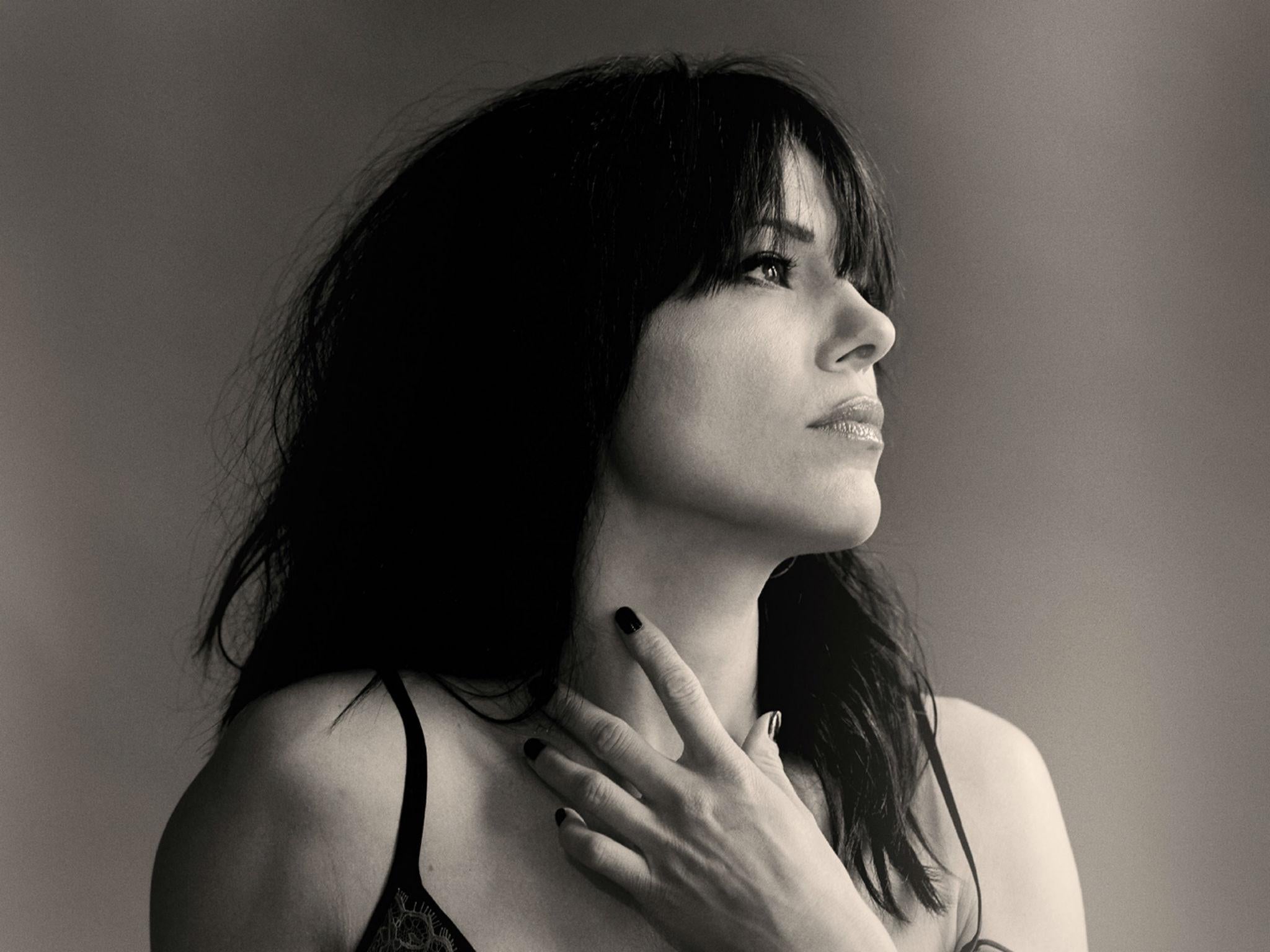Imelda May on new album, having Bob Dylan as a fan and divorce
The Dublin-born singer’s new album ‘Life. Love. Flesh. Blood’ is her most personal and heartfelt work to date after the divorce from guitarist Darrel Higham

Sharing a banquette in a Soho brasserie, one of the most popular singers to emerge from Ireland in recent years is in buoyant mood. She has released what is potentially a career-changing fifth album, Life. Love. Flesh. Blood, recorded in Los Angeles with one of the most sought-after producers around; and Bob Dylan has divulged he enjoys her work.
Just a few days before we meet, the Nobel laureate, in an interview on his website to promote his own covers album, revealed that among his current listening was the Dublin-born rockabilly revivalist, alongside Amy Winehouse, Iggy Pop and The Stereophonics. Imelda May had no inkling at all he was a fan.“I was absolutely thrilled, I can die and go to heaven now,” she exclaims, still wide-eyed with surprise.
“He is a genius songwriter, lyricist, crafter. His mind is phenomenal and it makes me feel I must be going in the right direction. Being a songwriter is hugely important to me.” The accolade still sinking in, May can not even begin to imagine what number she would perform with him given the opportunity. Although a self-reliant musician who writes her own material and has produced or co-produced all her work to date, the gregarious May has sung with an enviable range of talents, among them Lou Reed, Ronnie Wood and Sinead O’Connor.
A precocious singer from her mid-teens with a taste for blues and rock’n’roll, she turned professional in the early Noughties, her UK career taking off after she secured a barnstorming performance on Later... With Jools Holland in 2008. May’s last album, 2014’s Tribal, reached No3 in the UK charts. It is intriguing to imagine what the mastermind behind classic break-up album Blood On The Tracks would make of May’s forthcoming release, for LLFB is her most personal, powerful and heartfelt work to date, a huge leap from the vibrant, playful take on rockabilly, swing and jazz she has essayed on such vivacious tunes as “Johnny Got A Boom Boom” and “Big Bad Handsome Man”.

Unfortunately, this latest set comes from a period of upheaval and pain, from which the artist has emerged triumphantly, maintaining her classic tastes, while losing the more colourful retro stylings. Fittingly, gone too are the leopard skin prints (plain black today) and that distinctive spiralling quiff that meant the cover of 2011 breakthrough album Mayhem featured her in still recognisable cartoon form. All this is mere window dressing, for the bedrock of LLFB is the quality of May’s writing that draws on the dramas of the past two years, most notably the divorce in 2015 from her husband of 13 years, guitarist Darrel Higham.
Some of the hardest-hitting tracks on the album, notably the visceral “Black Tears”, could only have been written at the time. May remembers regularly scribbling into notebooks, as after the bust-up that led to this track. “I just looked in a mirror and saw these make-up-stained tears flowing down my face. Later, I wrote down those two words and they stuck with me.” Otherwise, May is cagey about the details of her break-up, understandable given the fact she and Higham continue to cooperate on bringing up their daughter, Violet. May is even set to appear on the guitarist’s own album, due out next month. “Darrel’s still there to support me, he said he would always look after Violet if I need to go somewhere for work.”
As the title suggests, LLFB is about more than loss. Following her split came a short-lived relationship with a mysterious Frenchman that sounds intense, judging from the numbers that congregate the middle of the album. After its dark opening segment, May reveals she is more than a victim on the likes of “How Bad Can A Good Girl Be”: “An ancient voice escaped my mouth/And it screamed out in primal pleasure,” she croons. It is especially refreshing as while there is plenty of overt sexuality in pop today, it mainly comes from young starlets, not a 42-year-old single mum, though this is of little relevance to May. “Middle-aged? Thank you! I still feel young and enjoy life to the full, which I suppose comes from doing a job that keeps me young. I hang around with people like Ronnie Wood; he’s a really good friend and he definitely knows how to live.”
Being “bad”, though, comes with consequences, guilt among them, an emotion that crops up occasionally. As in “Bad Habit” where May dissects her taste for expensive treats: “I long to live in luxury/But I’ve got a little baby, got a mouth to feed.” The artist herself feels she has nothing to apologise for, alluding to her Catholic upbringing. “The Irish have perfected the art of guilt, religion has helped us do that and it’s definitely got to stop,” she says, though is insistent we should not focus on the negatives. “ I wrote about a whole series of emotions I was feeling at the time and guilt was one of them, but so was happiness, sadness, regret, everything.”
May is also uncomfortable being seen as a role model for other women going through similar strife, though she is beginning to see the positives of having a platform to express wider concerns. She dipped a toe in at the Brit Awards earlier this year when she brandished a #dresslikeawoman clutch bag and now has premiered the video for “Should’ve Been You”, which brings a women’s march to Brixton. “I write for myself, about me and love, but a lot of my American female friends are going crazy with what is going on over there and what Trump is doing, changing everything right down to maternity care. That will directly affect them and their children. And when you have a daughter, it makes you think about these things even more.”
While May admits she has had a lot of raw material to work through, she remains convinced that other developments in her creativity are unconnected. As with, for instance, her use of co-writers on several songs in this set. “I wanted to see how other people write and push myself a little more and maybe get a little bit more disciplined, because I can write whenever I want.” Indeed, at one stage, she had 38 songs that she whittled down to 18, then got stuck, asking Bono for advice. “He had offered to help. Saying we all need a go-to for criticism, just call; and he was really helpful getting me to focus.”

Such a stringent process helped pave the way for May’s coup, persuading the influential T Bone Burnett on board, the producer who has worked with Elton John, recorded Robert Plant and Alison Krauss’s Raising Sand and helmed such evocative soundtracks as O Brother, Where Art Thou? This was a key decision for an artist previously keen to maintain control. “It’s good to aim high, in case it happens,” she smiles about her request, before remembering her own experiences at the mixing desk. “It’s very nerdy, staying up ’til six in the morning going through bass drum beats, but I love it.” She remembers Burnett telling his prospective new client, “I’ve been keeping my eye on you, but you just weren’t ready for me. Now you’re ready for me.”
It was a different way of working for May, used to dealing with her own loyal band. Now she was far from home with some of the slickest session musicians around, among them Tom Waits collaborator Marc Ribot on guitar and Last Shadow Puppets bassist Zach Dawes. Recording 15 tracks was done and dusted in a week. “It just flowed really well. T Bone set it up, got the right musicians in the right place at the right time and we clicked.”
The result promises to take May to another level, recognised as a writer as well as performer. So now let us give her the platform Dylan enjoyed – who does she listen to? May thinks back to my earlier duet question and how she has missed out on performing with Leonard Cohen, before finally picking a younger figure – spoken-word artist and poet Kate Tempest. “She’s one of my favourite songwriters around at the moment. She’s so clever, her use of words is amazing.” Hard to imagine these two on stage together, perhaps, but the way May is going about things, you would not put it past her.
Imelda May’s album ‘Life. Love. Flesh. Blood’ is out now on Decca Records
Join our commenting forum
Join thought-provoking conversations, follow other Independent readers and see their replies
Comments
Bookmark popover
Removed from bookmarks